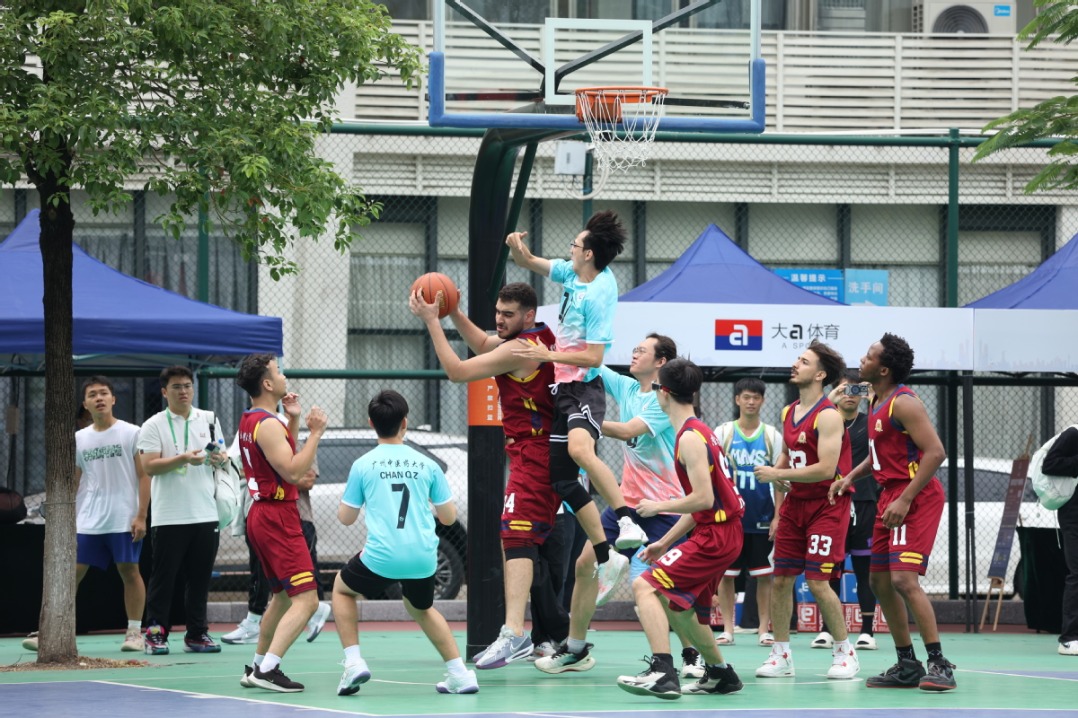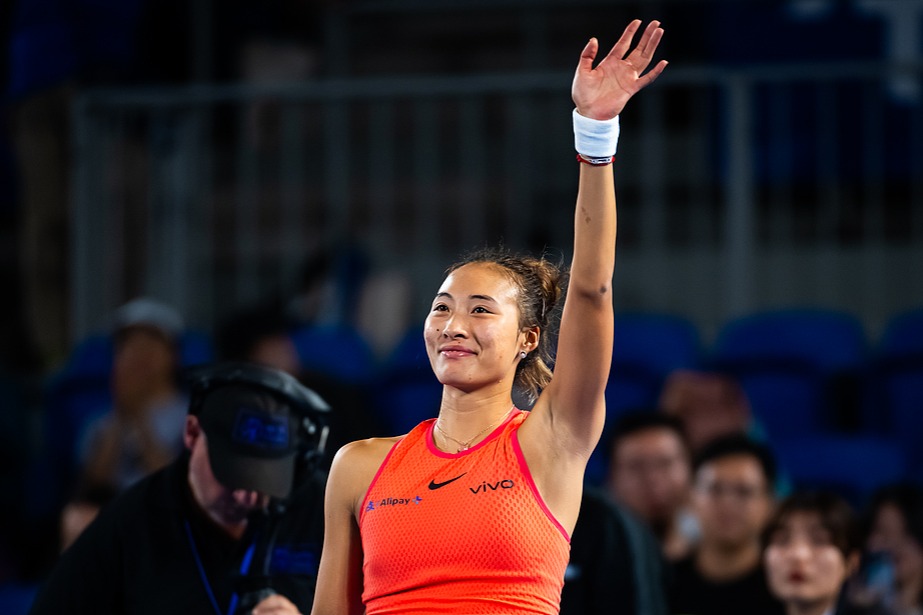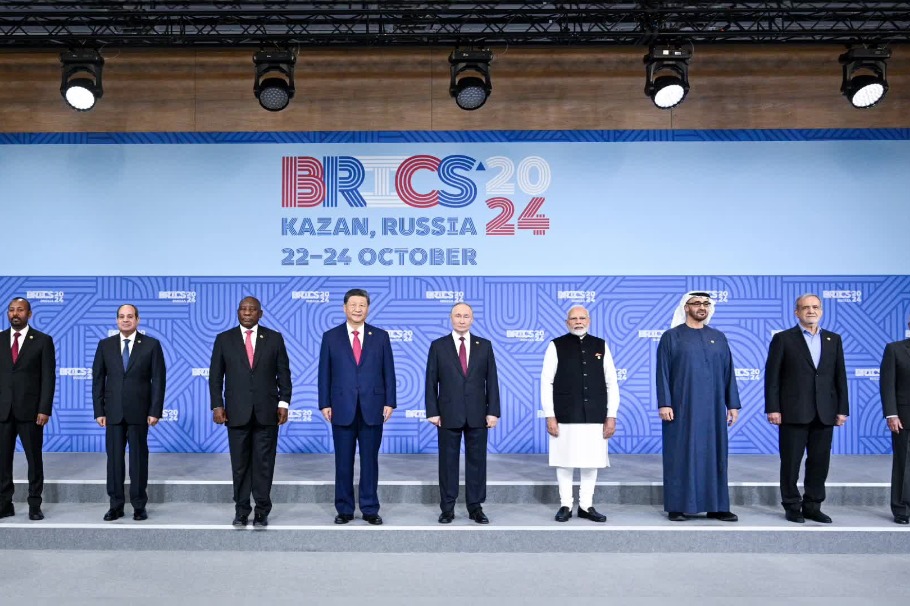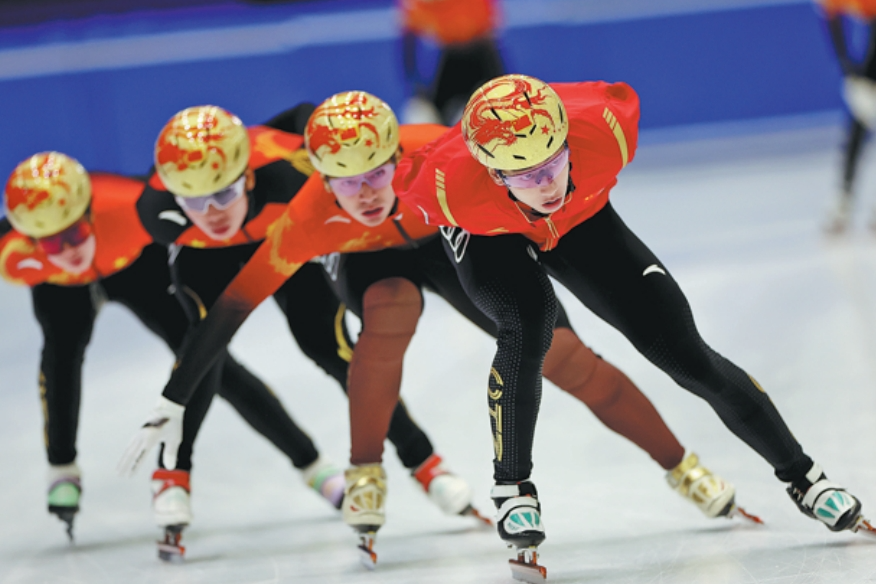A class act: Breaker swaps lectern for Olympic 'throw down'

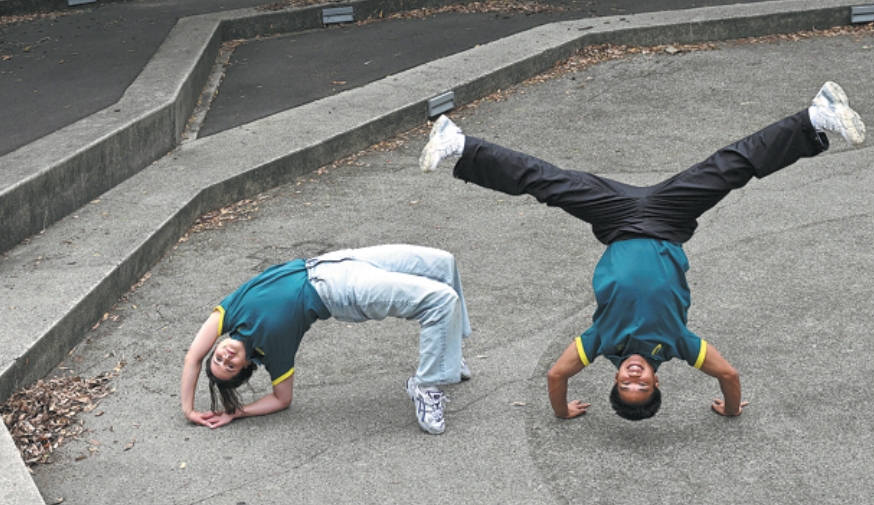
MELBOURNE — The athletes battling for breaking gold at the Olympics will bring an array of tricks to Paris, but Australia's Dr Rachael Gunn may be the only one armed with a PhD in the sport's culture.
The 36-year-old B-girl known as 'Raygun', a portmanteau of her name, completed a thesis in 2017 on the intersection of gender in Sydney's breaking scene, while training to become one of the nation's top dancers.
The Macquarie University lecturer will soon take time out from academia to compete at the Place de la Concorde, where breaking will make its Olympic debut some 50 years after emerging from the streets of the Bronx in New York.
A university faculty office may seem an unlikely habitat for a breaking champion, and Gunn laughs when confirming she is unaware of any other academics moonlighting in the sport.
"People certainly think it's cool and interesting, but it's also really different to the classic academic path," she said.
"So, you do get a few different reactions, but, by and large, the response has been really positive."
Gunn did not take up breaking until in her mid-20s and stands out among the teenagers that have already qualified, including Lithuanian world champion Dominika Banevic, a 16-year-old who competes as "B-girl Nicka".
Australia's male qualifier Jeff "J-Attack" Dunne is also 16.
Yet Gunn is far from an anomaly, with American rival Sunny Choi also set to fly the flag for mid-thirties breakers in Paris after giving up a corporate career.
Younger bodies have it easier when learning and perfecting "power moves", the more acrobatic elements of breaking that often demand speed, strength and momentum, Gunn concedes.
However, she is still trying out — and nailing — new elements with the help of her husband and coach Samuel Free, also a competitive breaker.
"It's a different experience. I obviously spend more time warming up, more time in recovery and just make sure I look after my body," said Gunn. "I don't think a 20-year-old needs to worry as much about those things."
Two gold medals are up for grabs in the breaking competition in Paris, one each for the best B-boy and B-girl.
Dancers compete in one-on-one battles in three, minute-long "throw downs", with the music chosen by a DJ and performances scored by a panel of judges.
Breaking was popular at the Youth Olympics in Buenos Aires in 2018, and drew enthusiastic crowds at its Asian Games debut in China last year.
However, breaking's addition to the Olympic program has had its detractors, with cynics dismissing it as a desperate ploy by the International Olympic Committee to attract a younger audience, and questioning how its underground roots and street culture fit with the sanitized nature of the Olympics.
Though Raygun can see both sides of the debate, she raves about a highly accessible sport, which has become a lot more inclusive and respectful of women since she penned her thesis.
The Olympics may also help put breaking on the map in Australia, where there are limited moneymaking opportunities compared to markets in East Asia and Europe.
"Breaking has such a positive force and impact on the lives of people that do it," said Gunn.
"They get fit, they get a creative outlet and become part of this community.
"The platform that the Olympics give us to inspire new generations of people is positive."
Reuters
Most Popular
- China's top tennis ace Zheng Qinwen wins Tokyo tournament
- Sports event strengthens Guangzhou's global bonds
- International teams compete in 2024 International Dragon Boat Federation World Cup
- Olympic champion Zheng hails China's tennis boom
- Former Uruguay soccer star Forlan to make pro tennis debut at age 45
- Djokovic announces Paris Masters withdrawal
















